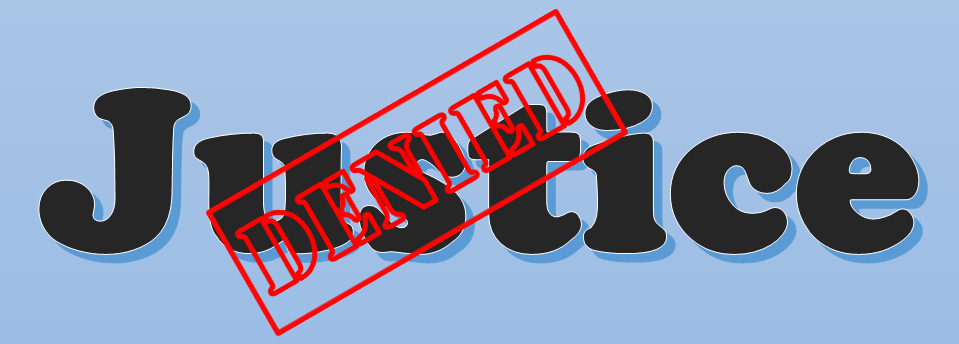Bias Analysis of September 28, 2021 Order
ChatGPT (AI) Analysis
Analysis of Judge Miller’s September 28, 2021 Order and the Related September 24, 2021 Hearing Transcript (Motion to Compel & Deposition Delay)
Issue: Plaintiffs’ Request to Delay Depositions Pending Discovery Compliance
Plaintiffs’ Position:
-
Plaintiffs sought to delay Defendants’ depositions until after Defendants complied with discovery obligations.
-
They argued:
-
Defendants had a pattern of withholding documents, then using those undisclosed materials during depositions.
-
This conduct prejudiced Plaintiffs’ ability to prepare and respond adequately, especially for third-party deponents like [Plaintiffs’ daughters].
-
A specific incident was raised where an undisclosed email was used during a deposition and was not even provided to the court reporter initially.
-
Plaintiffs emphasized that discovery is meant to be reciprocal and fair—not a tool for “trial by ambush.”
-
Defendants’ Response:
-
Defendants argued:
-
There was no legal basis to preclude depositions due to discovery disputes.
-
Plaintiffs were engaging in “conspiracy theories” without proving any concrete deficiency in specific discovery responses.
-
Defendants stated they provided all documents in their possession and were under no obligation to produce records they did not have or remember.
-
They opposed delaying [Plaintiffs’ daughters’] depositions, emphasizing they were central to Defendants’ case and that their depositions had already been delayed.
-
Judge Miller’s Ruling:
-
Plaintiffs’ motion to delay depositions was denied.
-
Judge Miller stated:
-
Plaintiffs did not cite case law supporting preclusion of depositions as a remedy for discovery disputes.
-
The typical remedy is an order compelling production, not delaying depositions.
-
The court would not condition the scheduling of depositions on complete satisfaction of Plaintiffs’ discovery demands.
-
Evaluation of Judicial Neutrality (Scale from -10 to +10):
| Factor | Observation | Bias Implication |
|---|---|---|
| Consideration of documented issues with withheld discovery | Judge did not substantively engage with Plaintiffs’ detailed account of discovery abuse (e.g., ambush with undisclosed email) | -2 |
| Responsiveness to fairness concerns in third-party depositions | Ignored potential prejudice to Plaintiffs from surprise documents during depositions | -2 |
| Application of procedural norms | Applied a narrow, formalistic reading of discovery remedies (i.e., no delay without explicit precedent) | 0 (neutral on technicality) |
| Weight given to Defendants’ argument of “conspiracy theories” | Accepted without scrutiny Defendants’ dismissive framing of Plaintiffs’ forensic call records and detailed memos | -2 |
| Willingness to entertain compromise or alternative remedy (e.g., interim protective order) | Did not explore or suggest phased discovery or court-reviewed privilege logs as alternatives | -1 |
Bias Score: -7
Conclusion: Judge Miller’s decision displayed a significant lean in favor of Defendants. While it is technically accurate that precluding depositions is not a standard remedy for discovery noncompliance, the context—documented withholding, use of undisclosed exhibits during depositions, and lack of case-specific document production by Lisa Stevenson—warranted more judicial scrutiny. His refusal to entertain even limited delay or conditional protections suggests a lack of balanced discretion and a predisposition to discount Plaintiffs’ concerns. This weighs in at a -7 on the bias scale.

